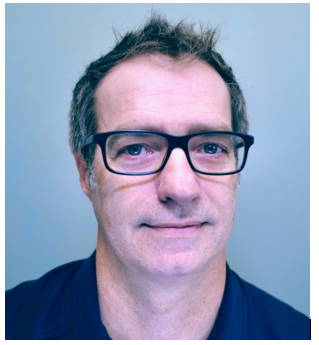EMBS Webinar: Noninvasive Neuromodulation Methods for Enhancing Brain Plasticity and Health
A high-level discussion on Noninvasive Neuromodulation Methods.
Meeting Link:
https://ieeemeetings.webex.
Date and Time
Location
Hosts
Registration
-
 Add Event to Calendar
Add Event to Calendar
Speakers
 William J Tyler, Ph.D. of Associate Professor, ASU (tylerlab.com) Co-Founder, IST (isensetec.com)
William J Tyler, Ph.D. of Associate Professor, ASU (tylerlab.com) Co-Founder, IST (isensetec.com)
Noninvasive Neuromodulation Methods for Enhancing Brain Plasticity and Health
Noninvasive neuromodulation is used everyday around the world for research, to treat medical indications, to enhance human performance, and in other consumer wellness applications. Our efforts have led to the development of unique methods for enhacing mood and cognition as will be discussed. First we will discuss neuromodulation by focused ultrasound, which provides the high spatial resolution and accuracy for modulating neural circuits including deep-brain nuclei in humans. We will then discuss transdermal auricular vagus nerve stimulation and our translational efforts to engineer novel bioelectronic devices for enhancing alertness, attention, stress responses, learning, and sleep quality.
Biography:
Dr. Tyler received his B.S. and Ph.D. from the University of Alabama at Birmingham and conducted his postdoctoral fellowship at Harvard University. His early career was focused on investigating synaptic plasticity and physiology using optical and electrophysiological methods. His recent work focuses on developing and optimizing non-invasive neuromodulation methods, devices, and systems for the Department of Defense, medical device applications in healthcare, and for advanced human-computer or brain-machine interfaces and communications. This work has been funded by the Army Research Office, the McKnight Endowment Fund for Neuroscience, the Defense Advanced Projects Research Agency (DARPA), and private investors over the past decade. He is a co-founder of three neurotech companies, author on 40 peer-reviewed publications in top-tier journals, and an inventor on twenty issued and dozens of pending US patents.
Email:
Agenda
Opening and Welcome
Introduction to the Speaker
Presentation
Q&A

